HIV services on brink of collapse
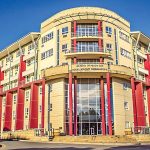
SHARE THIS PAGE!
The Ministry of Health has warned that the country is on the verge of a major health crisis, as a significant increase in HIV-related deaths and infections is anticipated, unless the United States government reverses its cut on foreign aid.
In January, the U.S. President Donald Trump issued executive orders halting all foreign aid under the United States Agency for International Development (USAID) including the President’s Emergency Plan for Aids Relief (PEPFAR), one of the country’s major donors.
Two weeks later, Lesotho received a waiver allowing it to continue accessing lifesaving funding for its national HIV treatment programme. However, this funding does not cover prevention efforts.
PEPFAR contributes M1.2 billion towards Lesotho’s health services, followed by the Global Fund with M430 million and the government with M268 million.
The foreign aid cut has resulted in a significant loss of a massive M853 million for Lesotho, part of which supported community HIV prevention initiatives including condom distribution, voluntary medical male circumcision (VMMC) procedures, and pre-exposure prophylaxis (Prep).
Another major partner, the Elizabeth Glaser Pediatric AIDS Foundation (EGPAF) has also terminated its major project known as Bophelo Bo Botle, resulting in a loss of M169 million for HIV and AIDs in funding for treatment and care services.
Under the project, EGPAF deployed healthcare professionals including nurses, pharmacists, doctors, psychologists, counsellors, to provide critical support at ART clinics in six districts of Mokhotlong, Butha Buthe, Maseru, Mafeteng, Mohale’s Hoek and Thaba-Tseka.
The funding gap puts the health of 128 364 HIV-positive individuals who are on treatment at risk, as well as those who were yet to receive treatment.
A total of 625 frontline health workers including nurses, doctors, pharmacists, psychologists and counsellors responsible for providing care for these patients have been retrenched under the EGPAF programme.
The HIV and AIDS programme manager in the Ministry of Health, Dr Tapiwa Tarumbiswa painted a gloomy picture of Lesotho’s HIV/TB prevention measures during the ministry’s appearance before the parliamentary portfolio committee on pandemics on Tuesday this week
Dr Tarumbiswa noted that since January, the ministry has not received any funding for HIV prevention interventions, despite its continued support for laboratory services, supply chain management, strategic information gathering, among other projects.
The USAID cut also impacted HIV/TB prevention, testing, treatment programmes, family planning interventions, sexual and reproductive health initiatives, immunisation programmes, cervical cancer services and services for advanced HIV diseases among others, he said.
Dr Tarumbiswa further warned that any disruption to HIV prevention services would likely result in a surge of new infections, which in turn could put a heavy strain on the country’ s healthcare system and economy.
He added that if the ministry fails to come up with mitigation measures, it would lead to more stress and anxiety in communities, and the public would lose trust in the government.
“HIV treatment, prevention and care services are very important at keeping people alive. When patients are diagnosed with HIV, they are put on ARVs to prevent unnecessary deaths.
“The impact of cutting treatment and care services is that there is the potential of increasing HIV-related deaths,” Dr Tarumbiswa said, underscoring the critical role that HIV-related healthcare plays in preserving lives.
Dr Tarumbiswa revealed that two weeks ago, the ministry received communication from the Global Fund, ordering it to pause full scale implementation of its programmes as they re-evaluate the organisation’s funding model. This puts the country at risk of losing another M430 million in funding.
“Terminated also is the MCC (Millennium Challenge Corporation), which is about M77 million. We have also lost the COVID fund of M226 million. Due to all these terminations, we have 625 frontline workers including doctors, nurses, pharmacists, counsellors, data clerks who have been retrenched,” Dr Tarumbiswa stated.
For his part, the chairperson of the Parliamentary Pandemic Committee, Paul Masiu, stressed the significance of government acting urgently in the face of losing millions of maloti funding.
Masiu said it was entirely up to the Ministry of Health to come up with policies and strategies to ensure that Basotho still have access to high-quality, universal HIV and TB prevention, treatment and care services, despite the foreign aid cuts.
While Lesotho has made notable progress in its HIV response, the country still faces significant challenges in addressing tuberculosis (TB), he indicated, citing that the country still has one of the highest TB and TB/HIV burdens globally.
“While nationally we are close to achieving the 95-95-95 targets for HIV epidemic control, disparities persist across different demographics and sub-populations. We must address these gaps to fully achieve epidemic control throughout the country.
“Lesotho is at a pivotal moment as we accelerate our efforts to maintain our gains and work towards sustaining epidemic control.
“Achieving this will require a final push through targeted interventions and a commitment to delivering a cost-effective, affordable, and sustainable response that keeps us on track,” he added.

KKMJV workers resume tunnel operations
4 days ago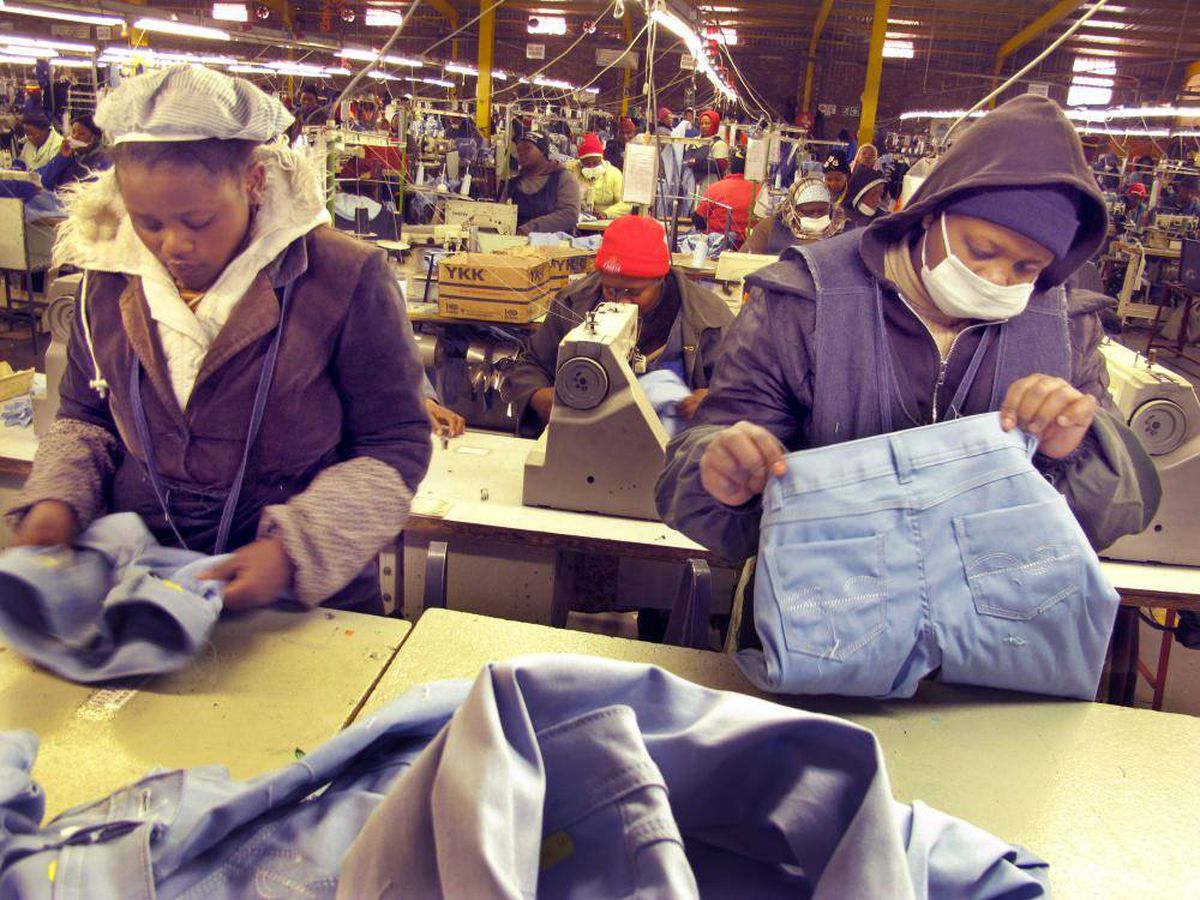
SACU calls for review of US tariffs
4 days ago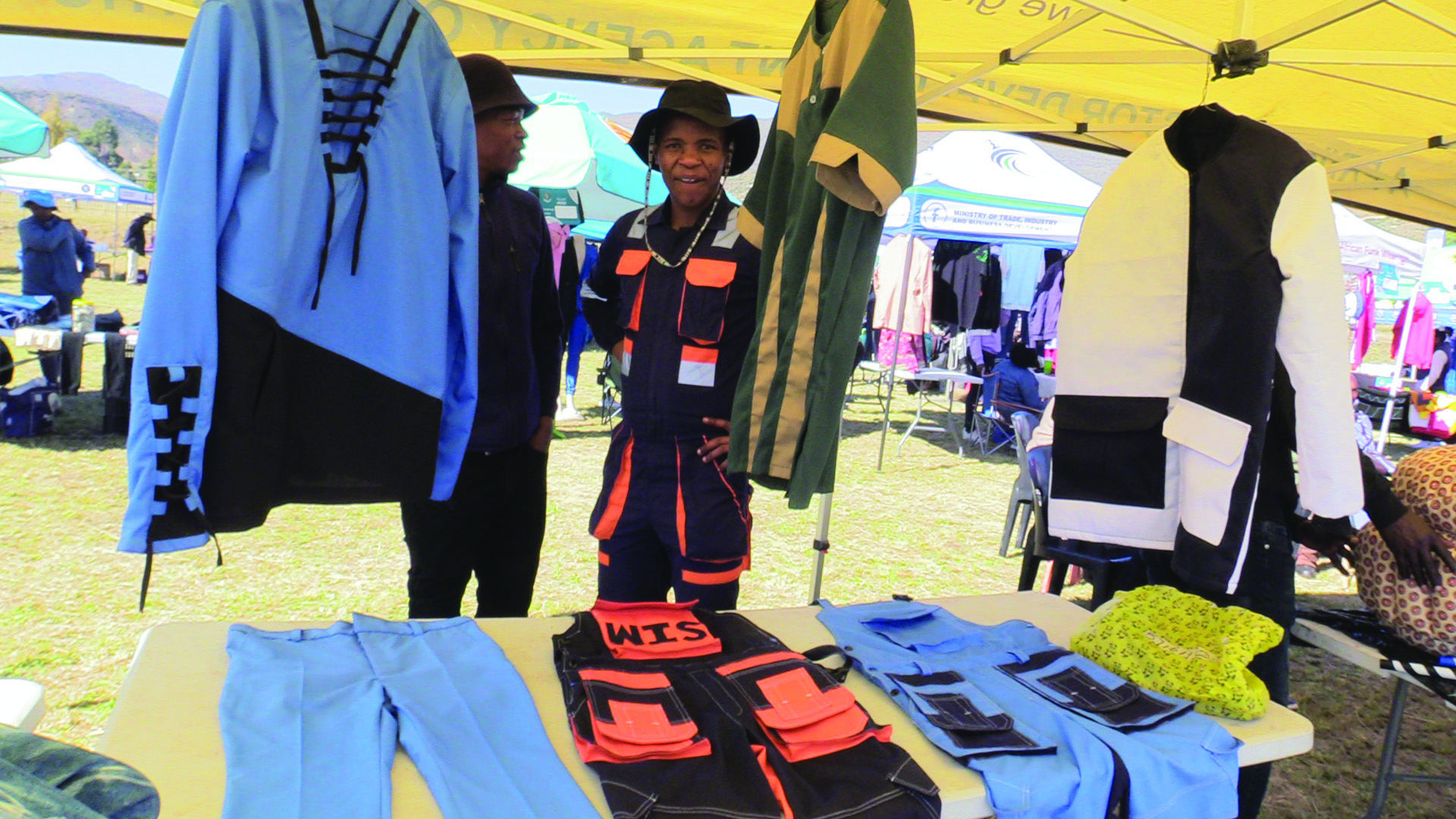

RSL promotes collaboration
5 days ago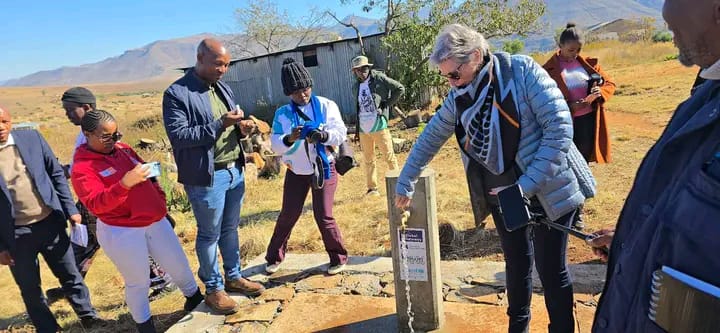

M26m corruption: PAC chair out on bail
8 days ago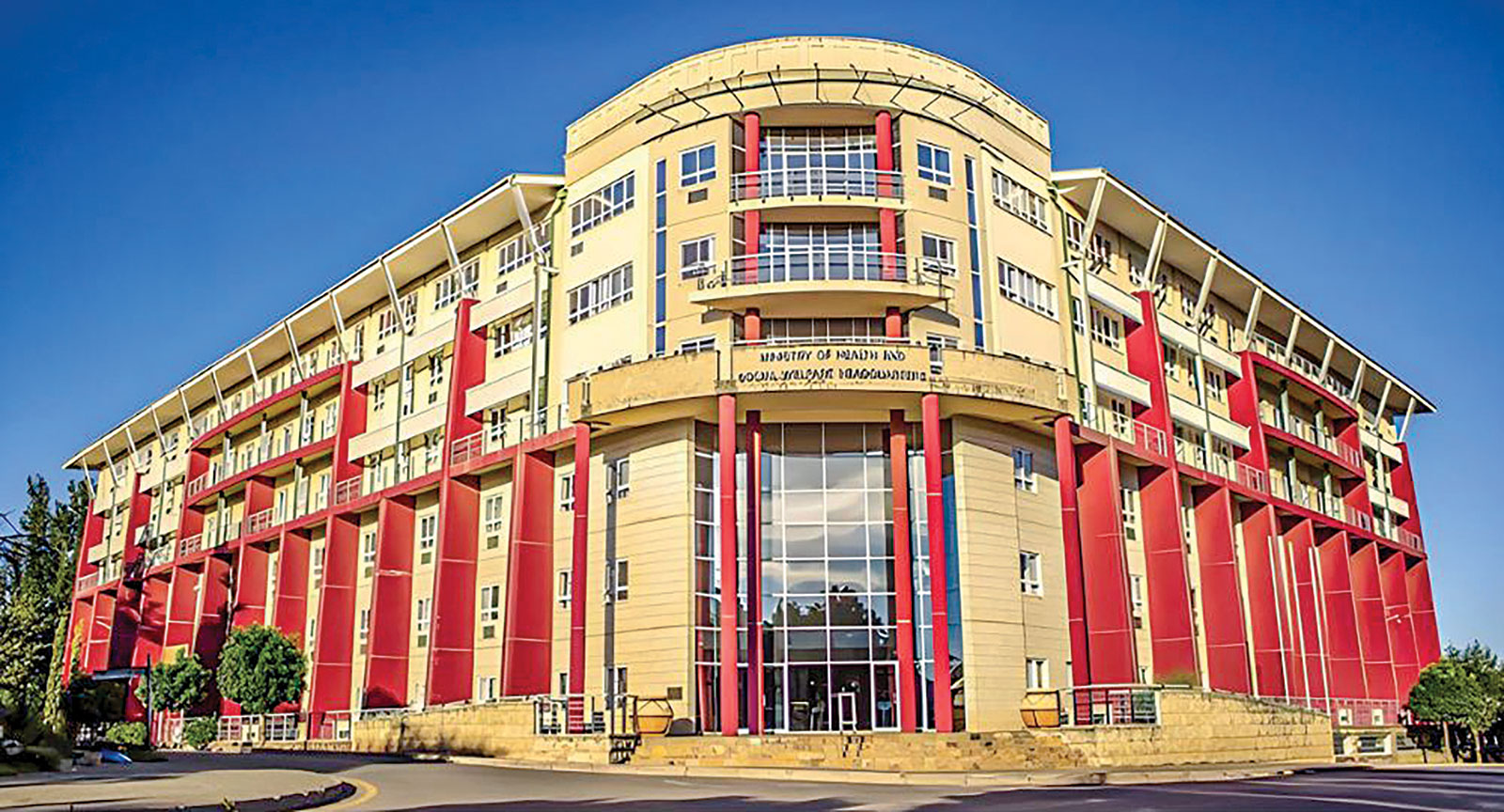
HIV services on brink of collapse
9 days ago

